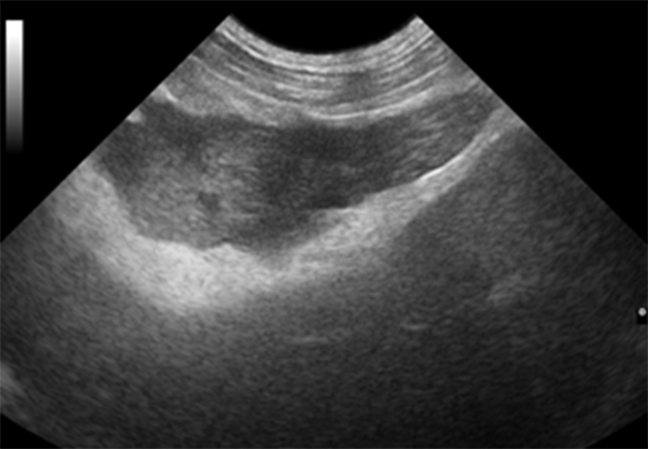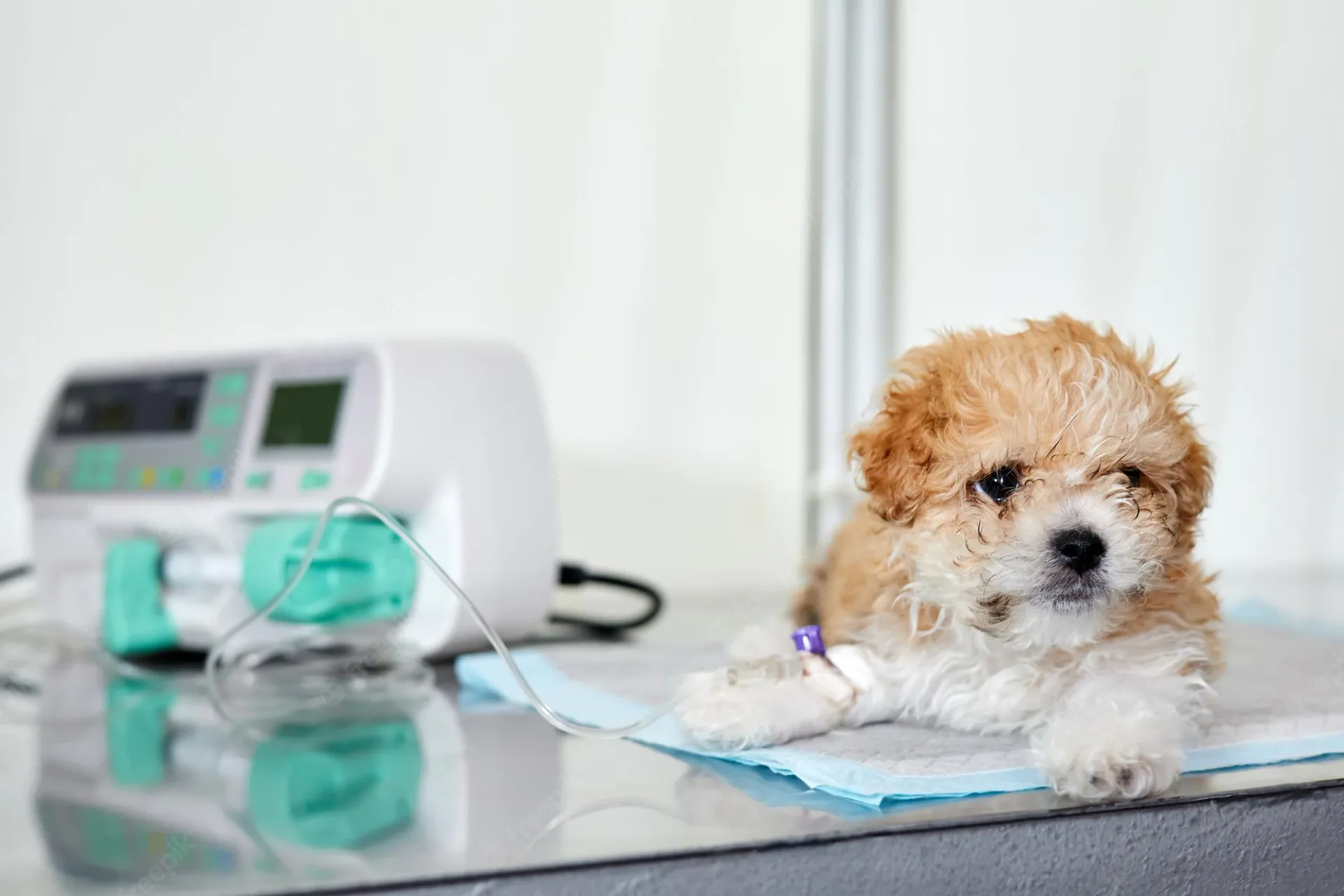Pancreatitis in Dogs
What Is Pancreatitis in Dogs?
The pancreas is an internal organ in the abdominal cavity that is located adjacent to the stomach. This important organ is responsible for production and release of enzymes that helps break down food products. Pancreatitis refers to an inflammatory reaction within the pancreas and can happen both suddenly (Acute Pancreatitis) or over a period of time (Chronic Pancreatitis). This potentially debilitating condition occurs when the digestive enzymes are activated too early upon release resulting in inflammation and damage to the pancreas as well as surrounding organs. This condition can happen is cats too! However, it is less common and symptoms may be less obvious than in dogs.
Causes
Mostly pancreatitis occurs when the dog is on a high fat diet, or from obesity. Some other causes are include hyperthyroidism and even blunt force trauma. However, the exact cause of pancreatitis can often be completely idiopathic (cannot be determined).
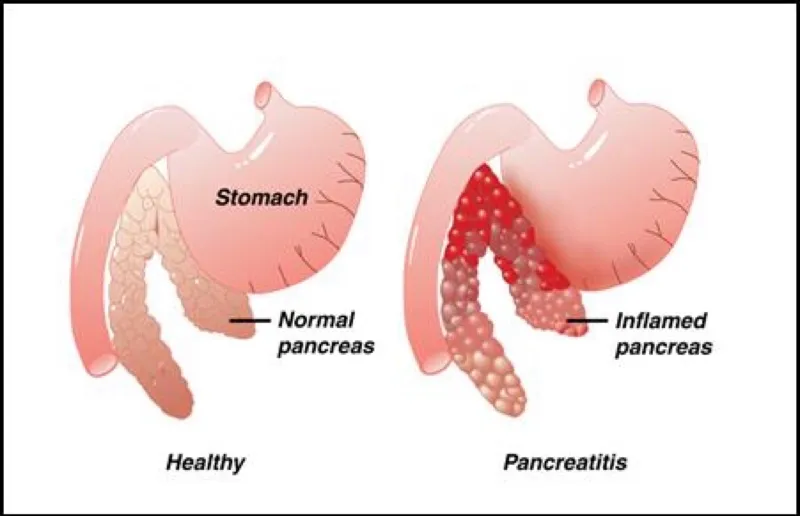
A dog that has Acute Pancreatitis will have more serious clinical signs, such as:
- Severe lethargy
- Abdominal pain
- Vomiting frequently
- Severe dehydration
- Collapse and shock (sometimes)
While A dog with Chronic Pancreatitis is typically not as sick and can suffer from:
- Lethargy
- Decreased/ No appetite
- Abdominal pain and/or vomiting
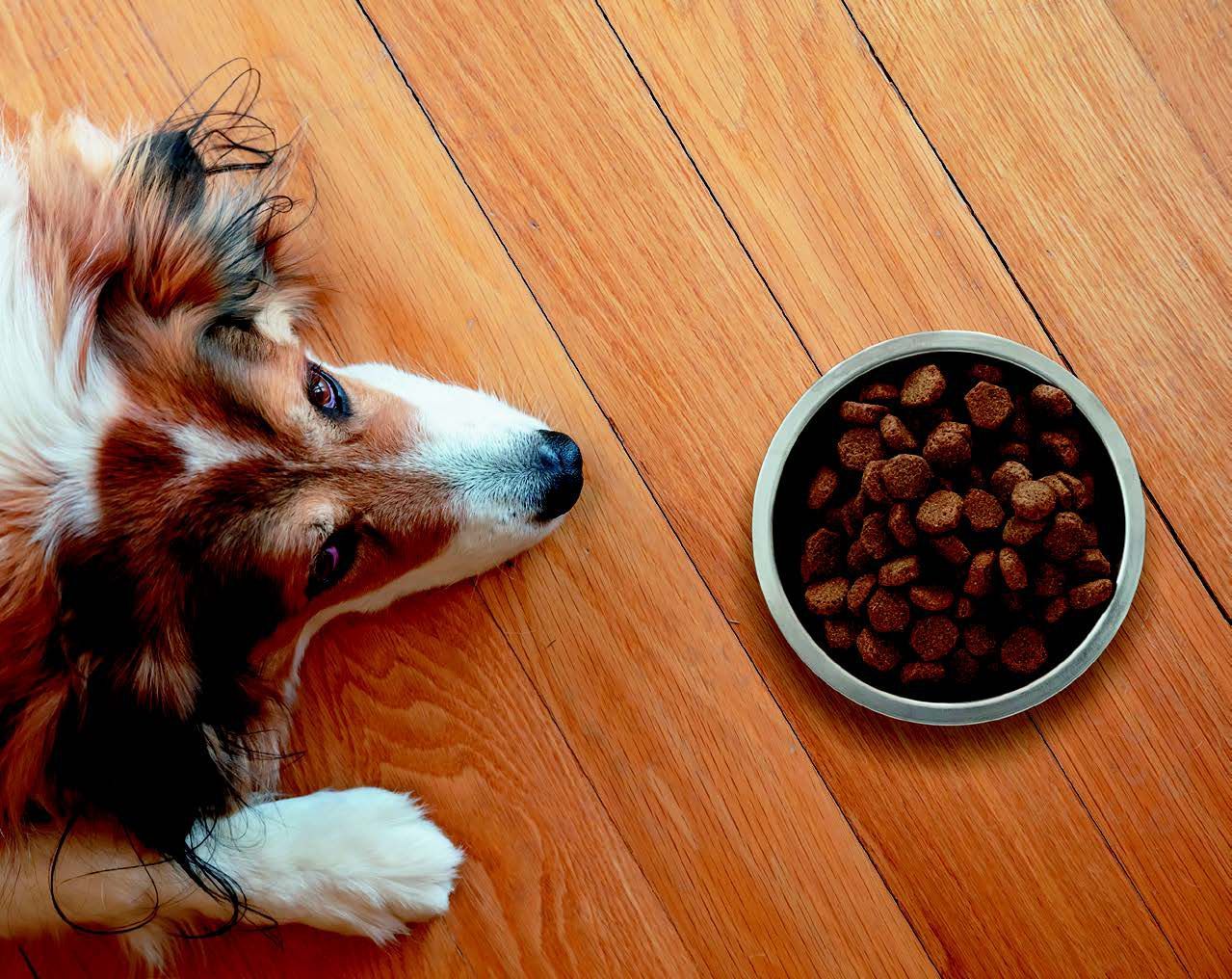
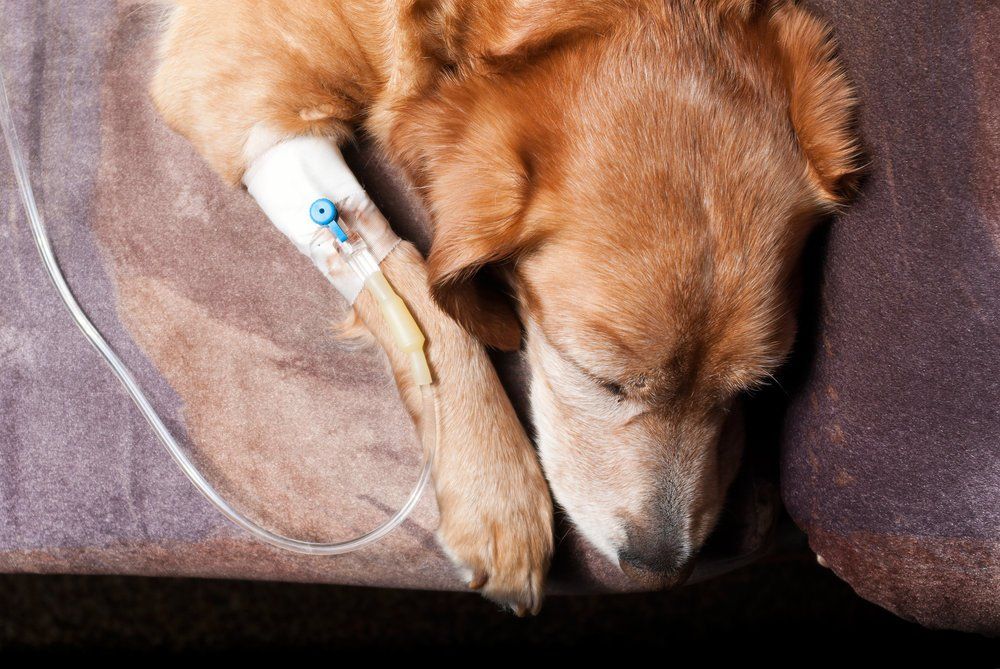
Diagnosis and Treatment
To diagnose pancreatitis, your veterinarian will often perform blood tests (Canine Pancreatic Lipase testing) and Ultrasonography to accurately confirm the pancreatic inflammation.
Treatment is most often supportive care regardless of whether the patient has acute or chronic pancreatitis. Patients with severe, acute pancreatitis often require more extensive medical intervention and treatment such as:
- Intensive intravenous fluid and electrolyte support
- Pain-control medication
- Anti-nausea medication
- Stomach-protectants
- Antibiotics
- A bland, low-fat diet is recommended during recovery
(this may be a home-cooked and/or home-prepared diet)
